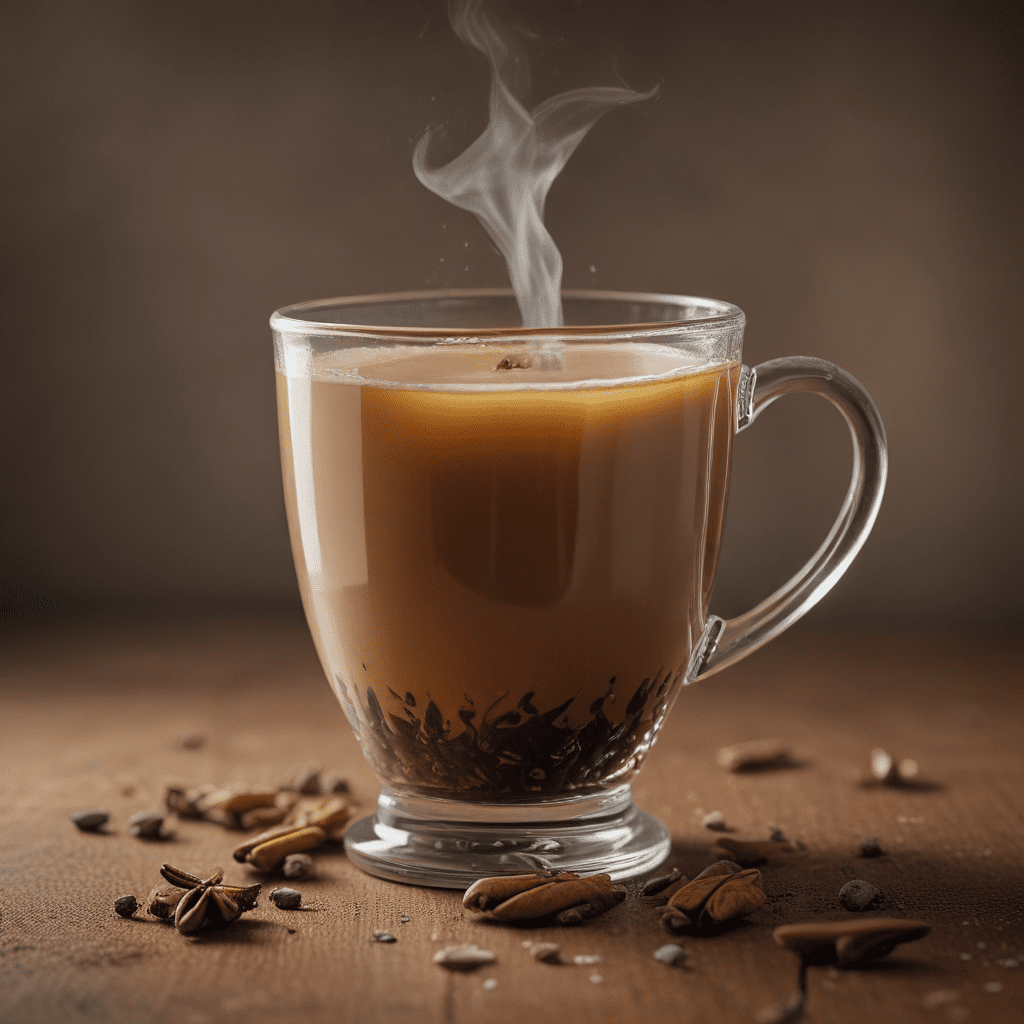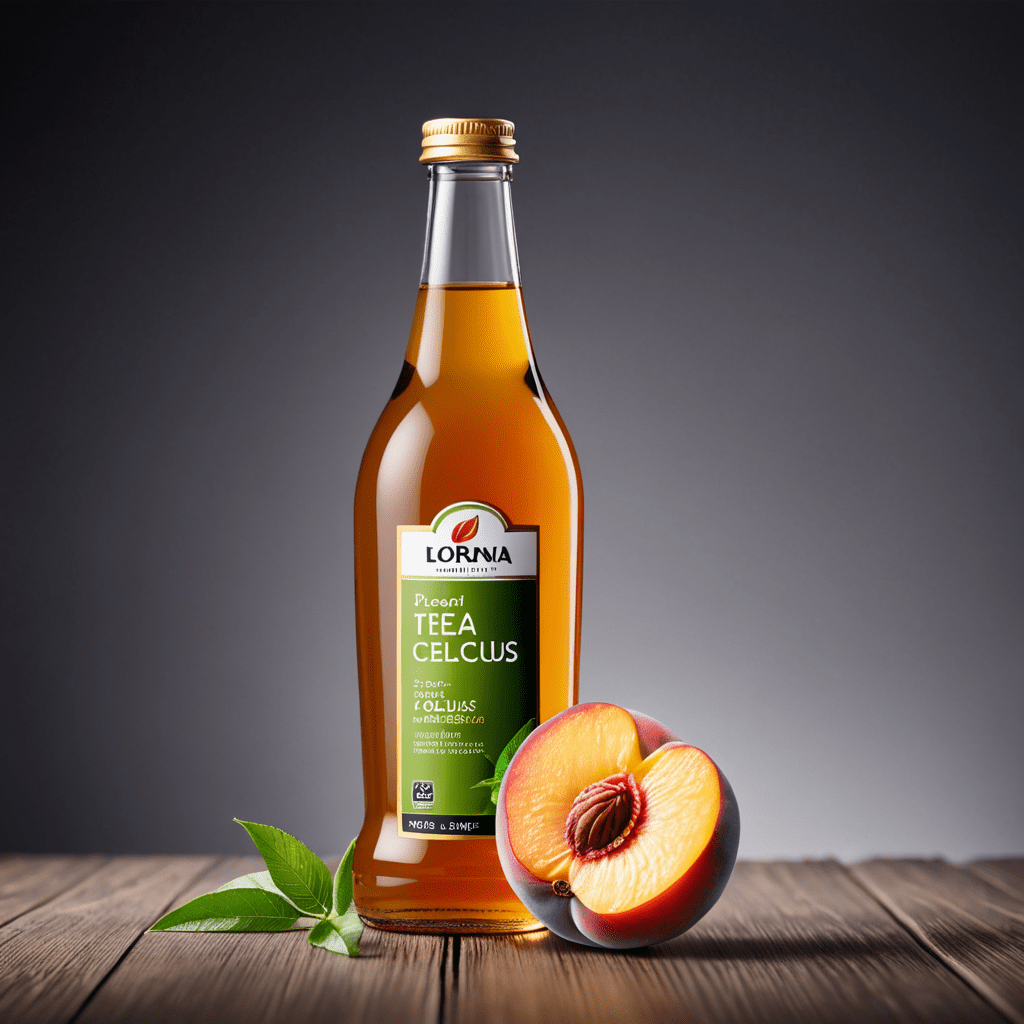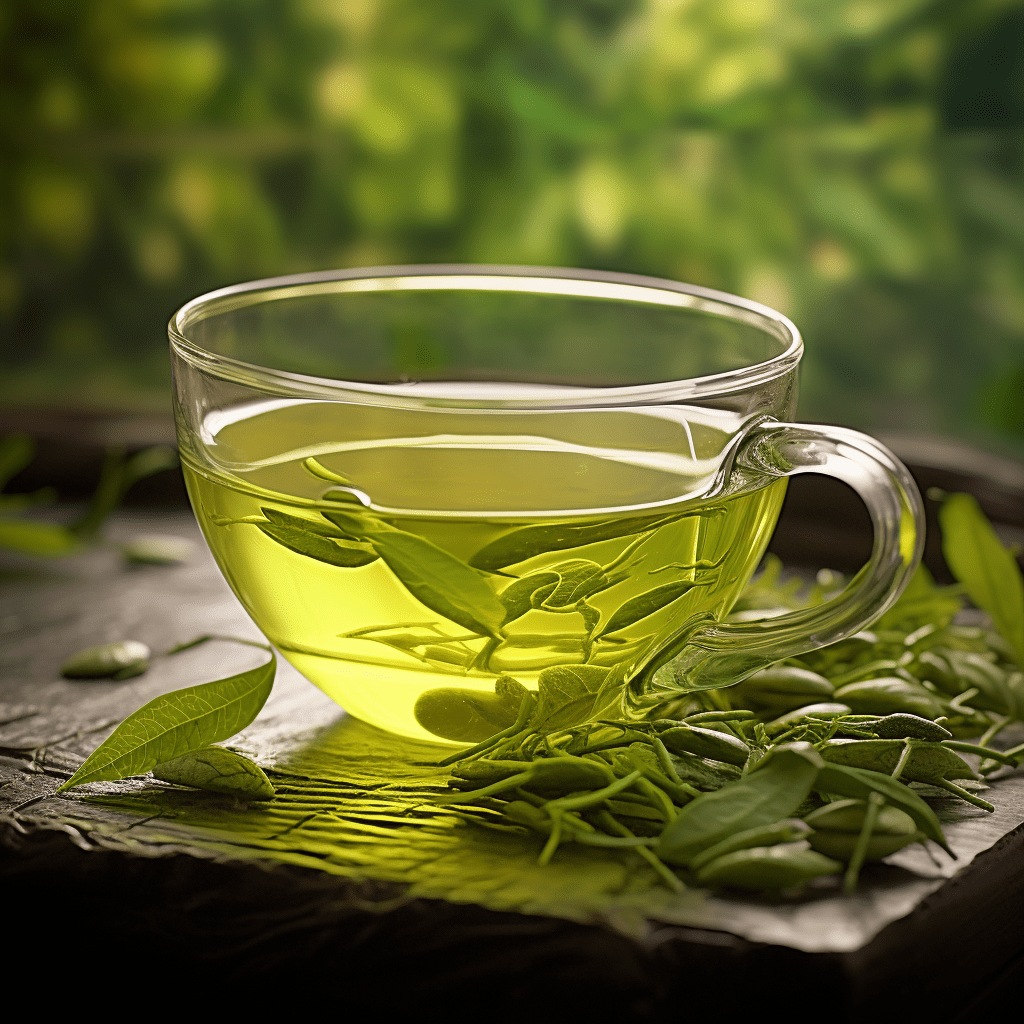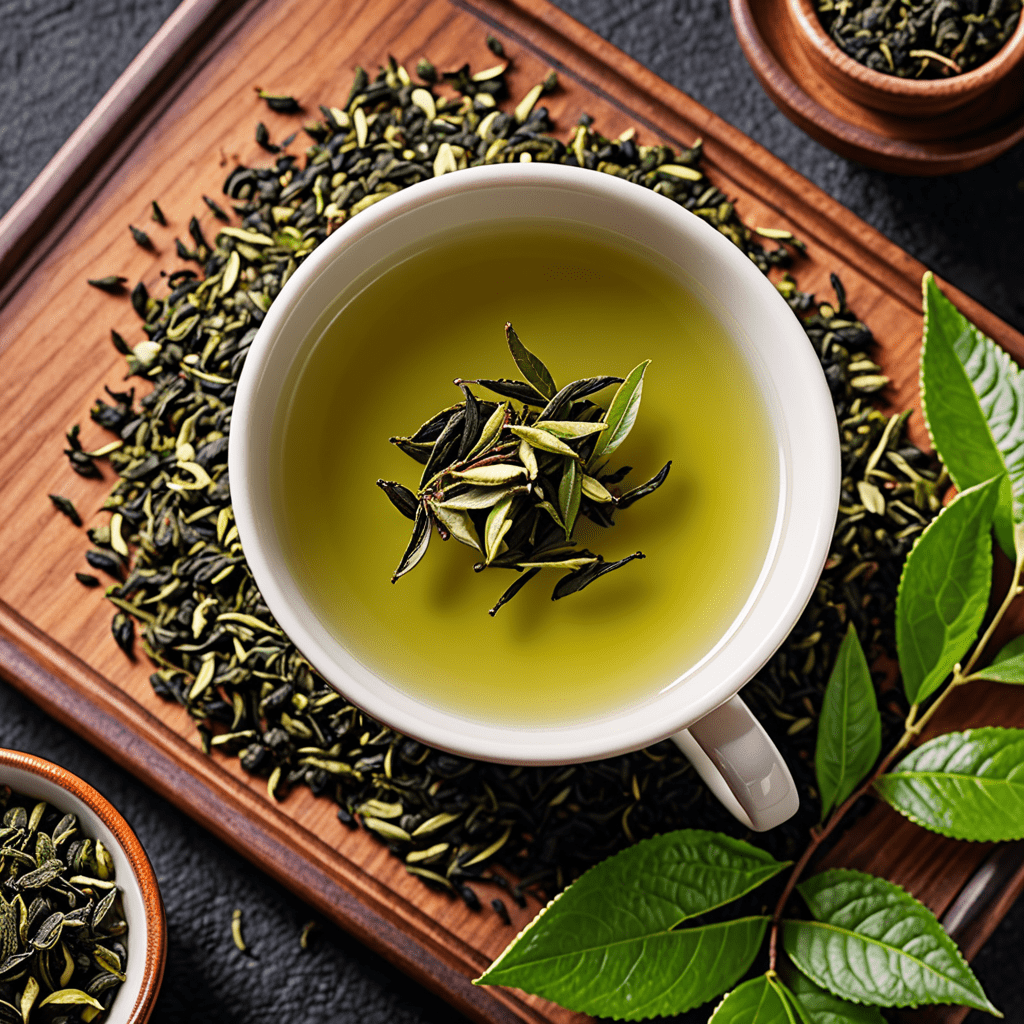Chai Tea: The Ultimate Winter Beverage
Introduction: The Allure of Chai
Chai, an aromatic and soul-warming beverage, is the epitome of comfort during the chilly winter months. Its rich, spicy, and slightly sweet flavor has captivated palates worldwide, making it the perfect companion for cozy nights in or festive gatherings.
Origins and History of Chai
Chai, meaning "tea" in Hindi, has a rich and storied history that dates back centuries to India. It originated as a traditional Ayurvedic drink used for its medicinal properties. Over time, it evolved into a popular beverage, spreading throughout the Middle East and eventually to Europe and the Americas.
Traditional Ingredients and Variations
The classic chai recipe includes a blend of black tea, milk, and a medley of aromatic spices, such as ginger, cardamom, cinnamon, cloves, and star anise. However, variations abound, with some recipes incorporating sweeteners like honey or sugar, while others adjust the spice blend to suit different preferences.
Health Benefits of Chai
Beyond its delightful flavor, chai boasts an array of health benefits thanks to its potent spices. Ginger aids digestion, while cardamom promotes oral health and freshens breath. Cinnamon helps regulate blood sugar, and cloves possess antibacterial and antiviral properties. Additionally, chai is a rich source of antioxidants, contributing to overall well-being.
Spices and Their Significance
The spices used in chai are not merely flavor enhancers; they hold significant cultural and medicinal importance. Ginger, with its warming and digestive properties, is considered a symbol of vitality. Cardamom, known for its cooling and refreshing qualities, represents purity and balance. Cinnamon, with its sweet and aromatic notes, signifies warmth and love. Cloves, with their pungent and anti-inflammatory properties, symbolize protection and well-being. Star anise, with its star-shaped pods, represents harmony and unity.
Chai Pairings: Cookies, Pastries, and Snacks
Chai's versatility extends beyond its role as a standalone beverage. It pairs exceptionally well with a variety of sweet and savory treats. Gingerbread cookies, with their spicy and festive flavors, complement chai's warmth and aroma. Flaky pastries, such as croissants or scones, provide a delicate balance to chai's richness. Savory snacks, like samosas or pakoras, offer a contrasting yet harmonious experience.
Chai as a Cultural Experience
Chai is more than just a drink; it's an integral part of cultures worldwide. In India, chai stalls are ubiquitous, serving as social hubs where people gather to connect and share stories. In the Middle East, chai is often spiced with saffron and cardamom, reflecting the region's culinary influences. In Europe and North America, chai has gained popularity as a comforting and exotic beverage, enjoyed in cafes and homes alike.
Chai Rituals: From the Middle East to India
Chai rituals vary across cultures. In the Middle East, chai is often served in small, glass cups, accompanied by dates or dried fruits. In India, chai is commonly prepared in large pots over an open fire, with milk and sugar added to taste. In some parts of India, chai is served with a dollop of malai (clotted cream) or ghee (clarified butter).
Conclusion: The Enduring Appeal of Chai
Chai's enduring appeal lies in its ability to warm the body, soothe the soul, and connect cultures. Its versatility, health benefits, and cultural significance make it a beloved beverage worldwide. Whether enjoyed alone or shared with others, chai remains the ultimate winter companion, bringing warmth, comfort, and a touch of exotic charm to every sip.
FAQ
What is the caffeine content of chai?
Chai typically contains less caffeine than coffee, but the amount can vary depending on the type of tea used and the brewing method.
Is chai suitable for people with lactose intolerance?
Traditional chai contains milk, but you can substitute dairy-free milk alternatives like almond milk or oat milk.
How can I sweeten chai without using sugar?
Natural sweeteners like honey, maple syrup, or stevia can be added to taste.
Can chai be made ahead of time?
Yes, chai can be brewed ahead of time and reheated when ready to serve.
What is the best way to store chai?
Chai should be stored in a covered container in the refrigerator for up to 3 days.



